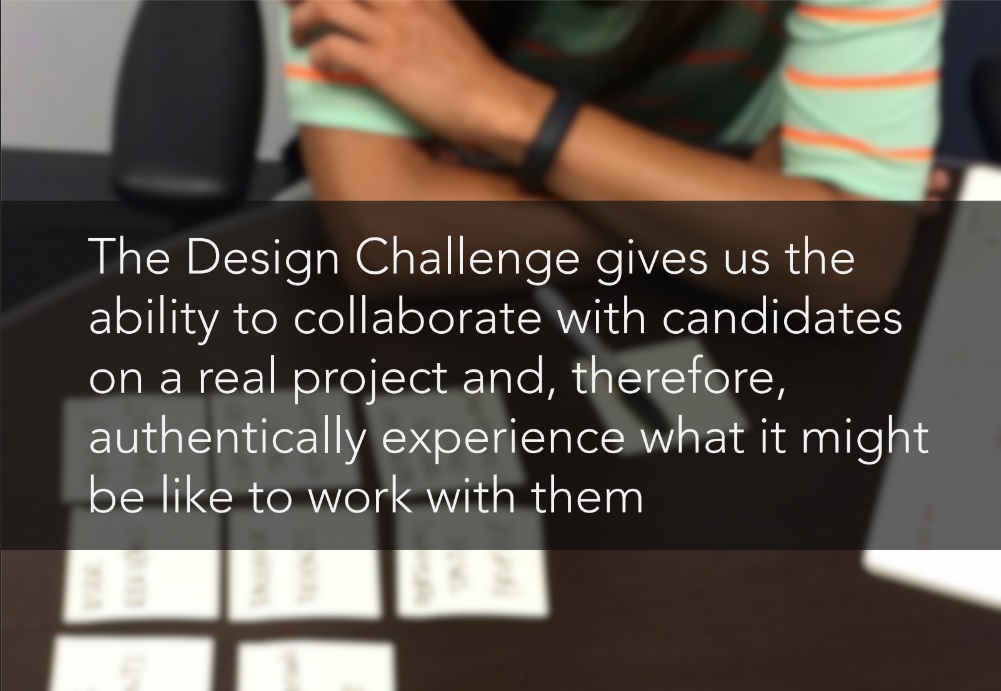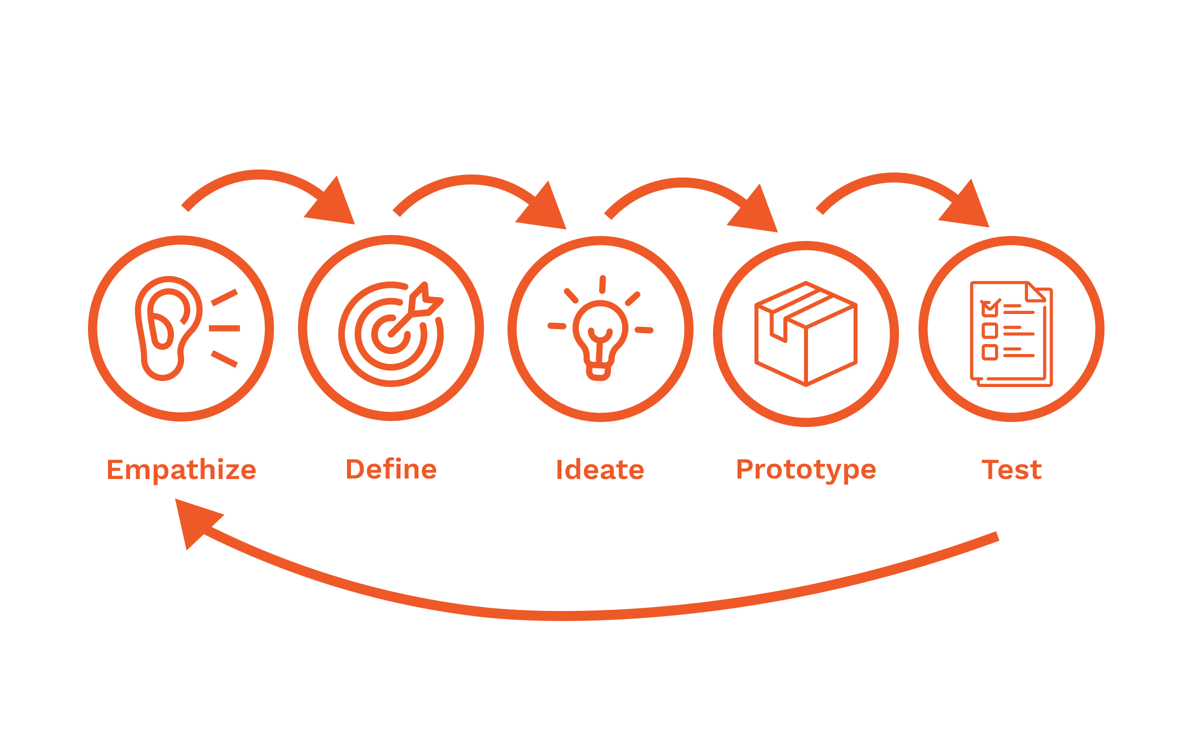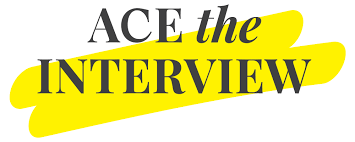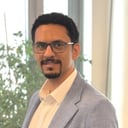Interviewing for a job is a process and is a highly stressful process. For digital product managers, there is often added pressure of this on-the-spot thinking where you as a candidate are being constantly judged and observed for everything from how you talk to even your body language: an exercise in which you’re tasked with walking through a design problem right then and there.
In addition to the anxiety these types of challenges would cause candidates to struggle to understand the value of attempting to hack away at an abstract task —coordinate a party with some constraints like $500 and 2 people startup —or something mundane and completely unrelated to what they'd be doing on the job—run a lemon stand and make it profitable.
A common trait many digital product manager share is their affinity for framing a problem, researching the solutions and storyboarding the customer journey; the design challenge part of an interview is a lot like being given a crossword or a photo puzzle to solve as part of the interview process.

- Do the candidate shy away from an ambiguous or daunting task or are they the type to dive right in?
- Do they jump to a solution or ask for intellectual curiosity?
- How thorough is the candidate when exploring a problem or potential solution?
- Do they ask to clarify the objectives of the challenge and what the outcome might be, or make assumptions?
- Do they scribble/doodle when you think or write or openly talk it through?
- Can they effectively manage within a stressful environment with multiple interviewers observing and asking questions?
- Can they lead a conversation and think outside the box?
- Where do they ask for help and do they take the feedback?

This format usually takes 60-90 minutes with 1-2 interviewers spending time with the candidate with a lot of whiteboarding. Before you know it the allotted time will have passed and you’ll have a whiteboard or stacks of paper filled with words and drawings and some semblance of a storyboard that you never thought you would ever come up with. Sit back and be proud of the fact that this is a great process you led the interviewers through. As a candidate, there are plenty of frameworks out there that help you prepare but what they don't help you well with is to be structured well (As Mike Tyson once said: everyone has a plan until they get in the run and get punched in the face!!! I know this isn't boxing or MMA but its a gauntlet at the end of the day. You want the job! and the firm wants the best candidate for the role and they have a plethora of candidates applying) and be ready for the constraints of the process.
As an interviewer, you could be looking at a lot of things but some key areas around research and solutions stand out as areas that can drive the candidate's success through the process. Being in both interviewer's and interviewee's shoes, I know what it takes to take something abstract and make it a fun process.
Next time: I can dig deeper into how to prepare for this format and how to ace this format. I can help you understand what are these top-tier firms looking for in candidates and how they evaluate each phase of the process.

If you have questions or interest in learning more, please reach out to me.







